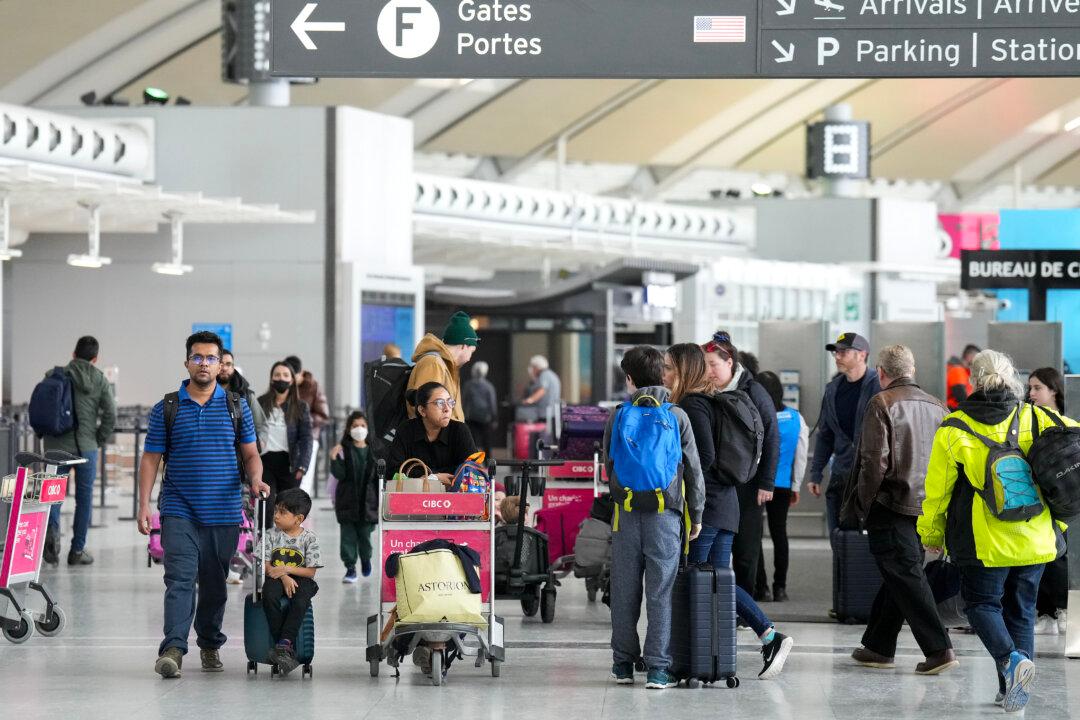Starting in May, get ready to pay more when buying a plane ticket in Canada. The Air Travellers Security Charge (ATSC), a flat fee applied at the time of ticket purchase to fund airport security screening, is going up by 33 percent effective May 1. The increase was announced in the 2023 federal budget.
An access-to-information memo from the federal Finance Department, dated May 9, 2023, shows that the ATSC increase will bring in $1.248 billion of revenues from 2024 to 2028, according to Blacklock’s Reporter.





